BNR governor, Mugur Isarescu, said recently the central bank will reduce gradually the level of minimum mandatory reserves in foreign currency, which currently stand at 40 percent, but would rather start by changing the way of calculating them, by excluding the long-term financing.
Chief-economist for Raiffeisen Bank Romania, Ionut Dumitru, deems BNR will keep the main interest rate at 10 percent per year, but also the level of minimum mandatory reserves, of 40 percent for passives in foreign currency and of 18 percent for the ones in lei. He also believes the central bank will control the liquidity on the market through repo and reverse repo operations, in a bid to line up interests on the market with the monetary policy rate.
Chief-economist of Romania’s largest lender by assets Banca Comerciala Romana (BCR), Lucian Anghel, also agrees that BNR will maintain the key interest rate and the level of minimum mandatory reserves. He thinks the central lender could wait until the next meeting in May to change the way of calculating the minimum mandatory reserves, as the first part of the money borrowed from IMF will enter the country in the same period.
BNR will reduce the main interest rate gradually this year, by 0.25 percentage points each time, said Anghel, who deems banks will be more interested in keeping the money coming from the cut of minimum mandatory reserves on the local market.
Senior economist with ING Bank, Nicolaie Alexandru Chidesciuc, bets on the modification of calculating reserves, by excluding the long-term financing, and deems BNR will maintain the key interest rate and the minimum mandatory reserves at the current levels.
Bankers say even though the central bank will prompt a more relaxed monetary policy and banks will not withdraw financing, efforts from politicians are required too, in a bid to resume lending.
However, analysts deem the government will not operate such measures in the next period following uncertainty on the budgetary incomes.
Romania will get about 13 billion euros from IMF and 7 billion euros from the European Commission, the World Bank and other European lenders to restart the engines behind the economy and cover holes until the end of 2010.
The money borrowed from IMF will be used to gradually cut the level of minimum mandatory reserves in foreign currency, the highest in the European Union, according to official news.
Citeste si:
Calculator Salariu: Afl─â c├ó╚Ťi bani prime╚Öti ├«n m├ón─â ├«n func╚Ťie de salariul brut ┬╗
Te-ar putea interesa și:








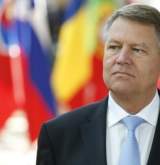

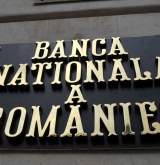





























































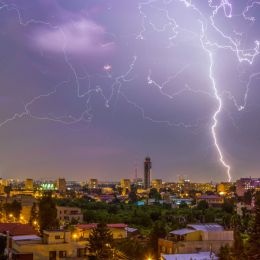
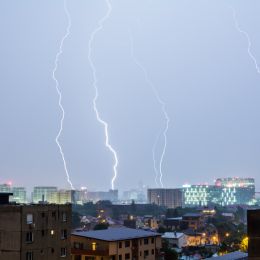
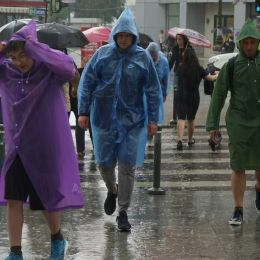







![HR [PLAY] Tech Workout - 11...](https://www.wall-street.ro/image_thumbs/thumbs/973/973fe0a3888d417feff63de42e814180-260x260-00-65.jpg?v=1714034656)









